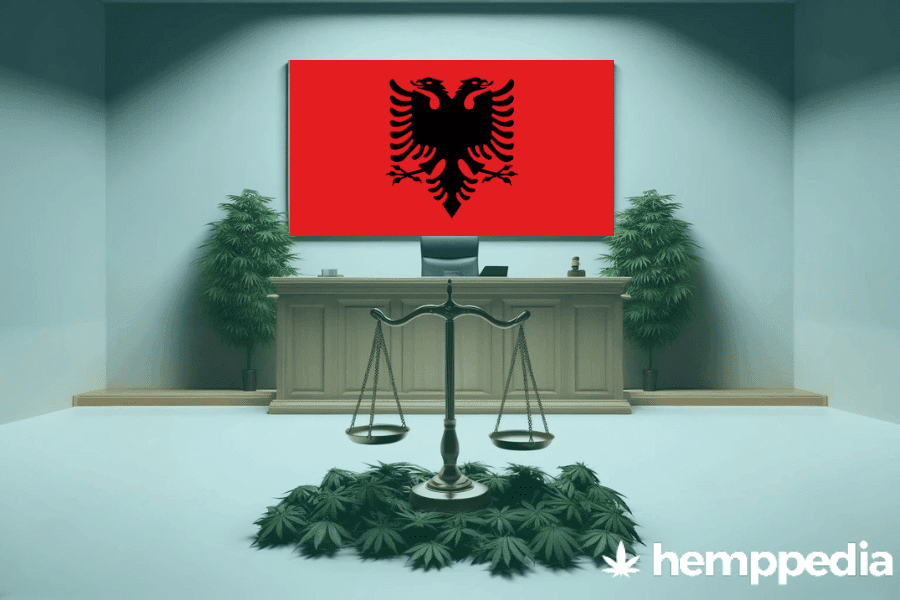TL;DR: Is CBD Legal in Albania?
When it comes to the legality of cannabidiol (CBD) in Albania, it all boils down to the source and the conditions under which it is produced. Though Albania isn’t as strict as some countries, it does have certain regulations around the production and consumption of CBD.
Key aspects of CBD legality in Albania:
- Usage: Legal, but regulated
- Possession limits: Unclear
- THC-containing products: Illegal
As a non-intoxicating compound derived from the Cannabis plant, CBD has several notable differences from THC, the psychoactive component of marijuana. Given its therapeutic potential and non-psychoactive properties, CBD legality is an increasingly important topic across the globe. However, the legislation in Albania, as in many countries, is not always clear-cut, contributing to legal ambiguity and enforcement challenges.
Overview of CBD Legislation in Albania
CBD refers to Cannabidiol, one of the many cannabinoids found in the Cannabis plant. Unlike the notorious THC (Tetrahydrocannabinol), CBD isn’t psychoactive and won’t get you ‘high’.
Unfortunately, the legal landscape for CBD globally is still quite fragmented due to varying regional laws, and Albania is no exception. Here, the law does not distinguish between hemp and marijuana, so production is regulated across the board. The Albanian Drug Monitoring Center and Ministry of Health are the key regulatory bodies overseeing the cannabis industry, including CBD.
Historical Context
Cannabis legislation in Albania has been marked by fluctuation over the years. The country was once one of Europe’s largest producers of cannabis. However, it has since made significant strides to clamp down on illegal cultivation and trade. Slowly, discussions around CBD’s non-psychoactive benefits are starting to shape Albania’s policies.
Possession, Use, Cultivation, and Sales
The laws surrounding CBD usage are murky in Albania, although products derived from hemp are generally permissible. The cultivation, however, must adhere to strict quality and safety control processes. It is still unclear when and under which conditions CBD products are legal to sell or purchase. When it comes to importation or exportation, the regulations are even less clear.
Enforcement and Penalties
Penalties for not complying with Albanian regulations can range from fines to imprisonment, depending on the severity of the infraction. However, there is no publicly available data on enforcement actions or legal precedents specifically related to CBD.
Medical Use
Despite the rather nebulous landscape, patients can access CBD products for medical purposes through prescriptions.
Comparative Analysis
Compared to some European countries with liberalized CBD laws like Switzerland, Albania’s regulations are more restrictive and less explicit. However, it is less stringent compared to countries with more prohibitive CBD laws, such as France.
Conclusion
In conclusion, while use of CBD appears to be permitted in Albania, the legal ambiguity surrounding its cultivation, sale, and importation/exportation calls for further clarity in the regulatory framework. Given the country’s history with Cannabis, a regulated CBD market could present economic potential, and developments in this space are worth monitoring.

